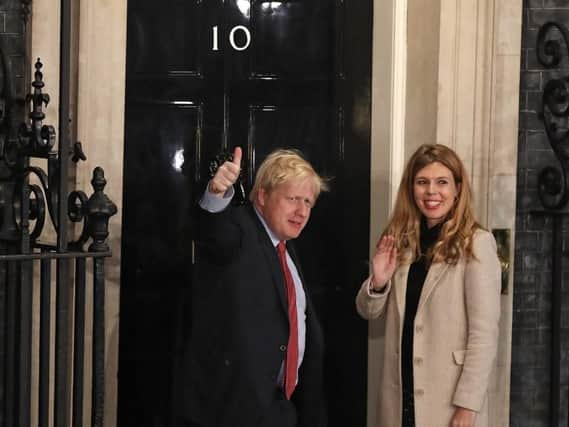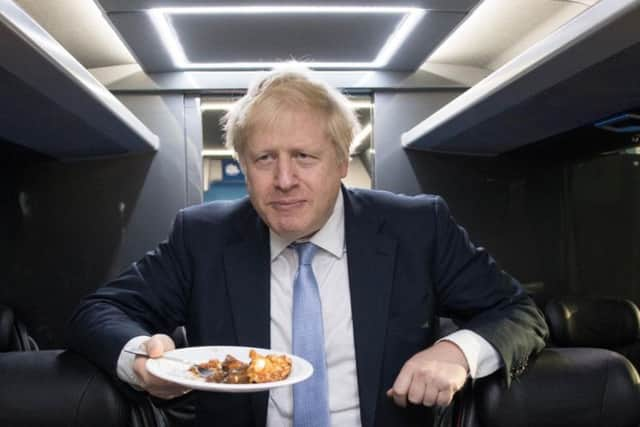Analysis - can Boris Johnson hold together a transformed Tory Party?


Boris Johnson clearly believes so. “In delivering change we must change too,” the Prime Minister told his party and the country this morning. "We must recognise the incredible reality that we now speak as a One Nation Conservative Party.”
Advertisement
Hide AdAdvertisement
Hide AdThe Conservatives now represent former Labour heartlands like Workington, Durham North West, Bassetlaw and Clwyd South - namechecked in Johnson’s speech, perhaps because he first stood as a candidate there in 1997.


Former coalfields that have only known Labour MPs for nearly a century have been painted blue. It’s clear what the decisive factor was: Johnson’s single-minded devotion to ‘getting Brexit done’.
But under the guidance of his top strategist Dominic Cummings - who hails from Durham - the Tories also positioned themselves as a party that Labour voters could tolerate, with big pledges of investment for the police and health service.
Delivering on those promises will be crucial to keeping the Tories’ new voters, who won’t want to hear about Brexit as trade talks dominate the coming year.
The parliamentary Conservative Party will also look and sound different, with new MPs like Dehenna Davison in Bishop Auckland and Ian Levy in Blyth Valley. They won because they promised to get Brexit done; keeping their jobs will depend on delivering investment and better prospects for their left-behind areas.
When he comes to reshuffling his cabinet and setting out a budget early next year, the Prime Minister will have freedom to maneuver. An 80-seat majority means Johnson can govern as he chooses - returning to his favoured role, the one he played as London Mayor, bringing together voters from across the political spectrum.
When he ran the capital, that involved attention-grabbing investments and infrastructure projects - not all of them successful. Northern England and the Midlands can expect the same, and Downing Street will need those projects to be rolled out quickly.
Advertisement
Hide AdAdvertisement
Hide AdBut as the Prime Minister acknowledged in his speech, the Brexit glue that stuck the pieces of Labour’s shattered support to the Conservatives won’t bind forever. When Brexit finally does get done, Labour voters will drift back.
Winning was the easy part. Governing as a One Nation Tory, and holding on to Bassetlaw and Buckingham, in the wake of the most divisive years in British politics, will be much harder.